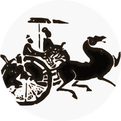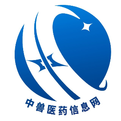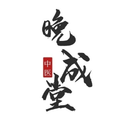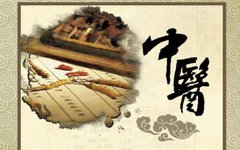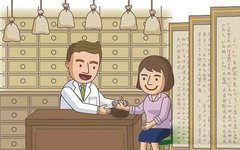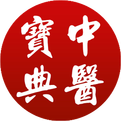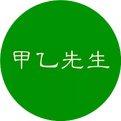Understanding Deficiency and Excess in Traditional Chinese Medicine
Inheriting the legacy of Qi Huang, a public account with substance and warmth. Ai Yu Xiang Tang What is Excess Syndrome and what is Deficiency Syndrome?According to the “Suwen: General Discussion on Deficiency and Excess,” it states: “When evil qi is strong, it is excess; when vital essence is depleted, it is deficiency.” Here, the … Read more

